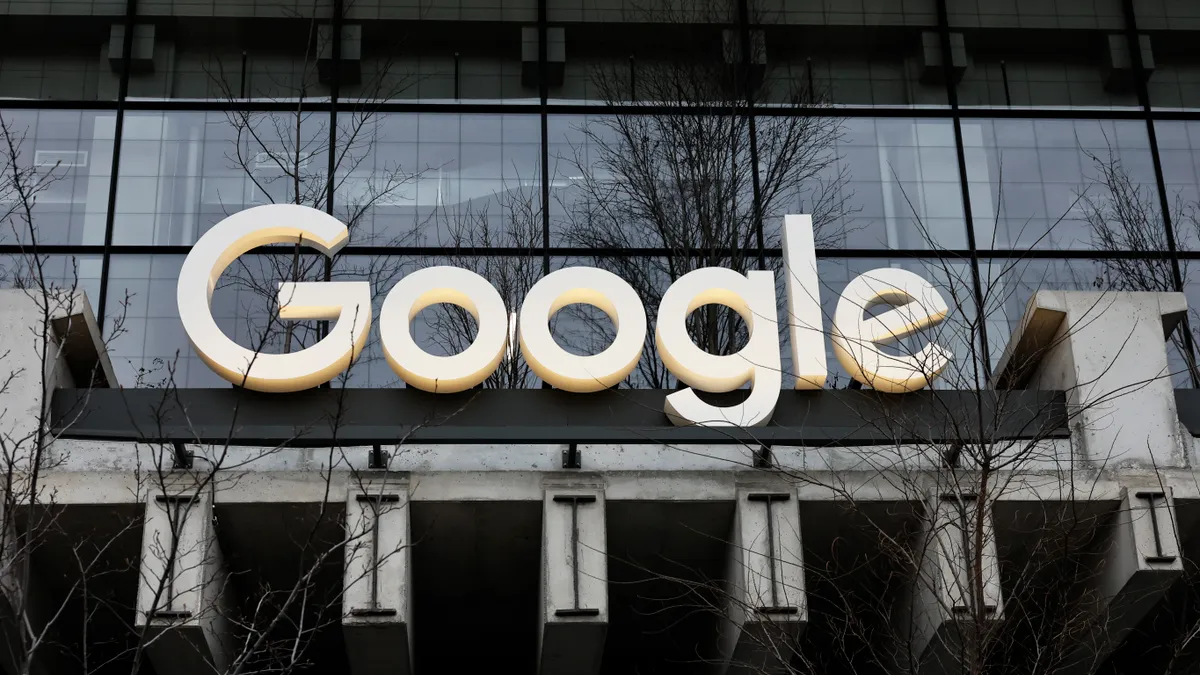The number of marketing technology – or martech – companies has exploded over the last few years, and has spawned a healthy amount of M&A activity in the process.
“This is a huge market. IDC predicts that the worldwide spend for marketing software in 2015 will be $22.6 billion – and by 2018, it will grow by nearly 50% to $32.3 billion," Scott Brinker wrote in a blog post on the Chief Marketing Technologist Blog providing some scope to the rapidly-morphing field.
In a somewhat informal survey by the Chief Marketing Technologist Blog on the explosion of martech firms, it found that in August 2011 there were around 100 companies. By September 2012 the number had grown to 350 companies, and then catapulted to 947 in January 2014. As of January this year, the survey counted 1,876 martech companies.
"Supporting this growth has been approximately $22 billion of investment in this sector to date," Brinker said. "With marketing overall being a $1 trillion industry, in the throes of being reinvented in every way possible, it’s likely that both of those numbers will rise even more.”
Not only is martech growing, it has also been spawning deals
Looking beyond just martech, the entire group of digital, media, marketing and technology sectors are spawning deals at a frantic pace with over 500 acquisitions in the first half of this year alone valued at $18 billion. And specifically within martech, the current trend is for independent companies with complementary products and services to join forces, such as the recent deal with Sysomos, a social data analytics company, acquiring Expion, a firm specializing in managing social media campaigns, including handling creating and distributing content.
Going back just a few years, the martech space grabbed the interest of some of the largest technology companies across the globe.
Big tech and martech
Eloqua, a pioneer in marketing automation software, went public in 2012, and by the end of the year was acquired by tech giant Oracle for $871 million. At the time the sale price was a premium over Eloqua’s then-current stock price and market valuation, but the move set deals in the martech space into motion. In fact, Oracle wasn’t finished with its Eloqua acquisition and exactly one year later announced it was buying Responsys, a marketing cloud company, for $1.5 billion. Oracle also acquired Compendium, a content marketing tool, not long before the Responsys deal. Other Oracle deals in the space include BlueKai and Datalogix.
Responding to Oracle’s Eloqua deal, Salesforce.com purchased ExactTarget, a digital marketing SaaS, in June 2013 for around $2.5 billion at a time when ExactTarget was valued at $300 million. The deal dramatically raised the bar for how global tech giants valued marketing technology companies, and likely directly impacted the size of Oracle’s Responsys deal later that year. ExactTarget is now known as Salesforce Marketing Cloud. Other martech firms that became part of the Salesforce Marketing Cloud include Radian6 and Buddy Media. And previous to the Salesforce deal, ExactTarget had already acquired marketing automation company, Pardot in the fall of 2012 for $95.5 million.
Not to be left out of the major martech deals, in the spring of 2014, IBM acquired Martech firm Silverpop for an estimated $270 million.
The future of martech consolidation
Today, along with independent, complementary, companies joining forces, another trend looks to be the convergence of martech and ad tech firms.
In an Exchange Wire blog post, Ciaran O'Kane wrote after attending this year’s MarTech Conference, “Having sat through a number of panels with executives from Adobe, Salesforce and Marketo, you get the sense that the ‘marketing cloud’ vendors will have to acquire ad tech assets to realize their lofty ambitions. The opportunities of connecting CRM data and other data points with the execution layer in media appears to be too great a commercial opportunity to pass over.”
Deals and M&A activity doesn’t seem to be slowing down despite most of the potential mega-deals have already gone down. Still, one thing is certain – the number of players in marketing technology almost doubled between January 2014 and January 2015, and the tally looks to only keep ticking higher.











